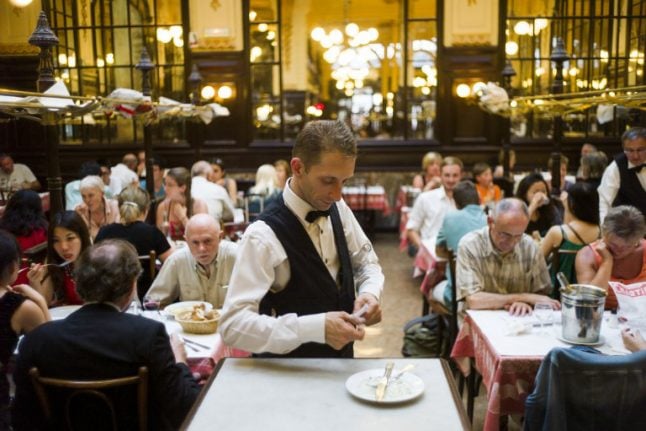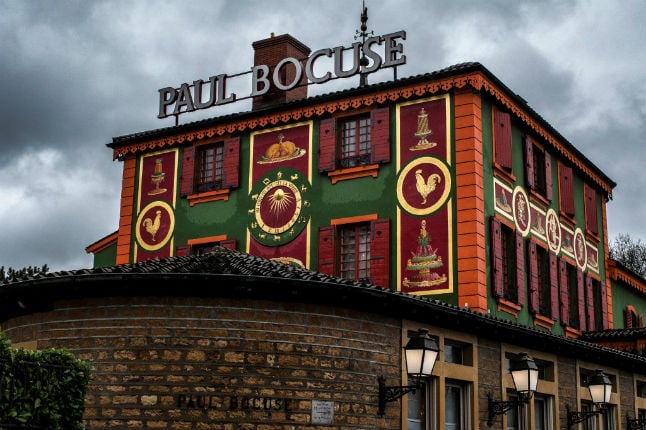Entering a busy restaurant in Paris can be an intimidating experience for first-time visitors, or even for those who've lived here for years.
But there's no need to stress – here are five tips on how to dine like a Parisian, courtesy of Tom Reeves, whose new book tackles exactly that.
1. Greetings are crucial
Always greet the head waiter with a bonjour at lunch time or bonsoir at dinner time. While you may have heard that French waiters are rude, an enthusiastic bonjour on your part will set the stage for cordiality. This also applies for starting a conversation with anyone, anywhere in France.

2. Don’t expect the waiter to fawn over you
French waiters leave their customers alone to enjoy their meal. They rarely return every few minutes to ask “Is everything OK?” as American waiters so often do.

3. Don't feel rushed
Relax and enjoy the food and conversation. The waiter won’t rush you from one course to the next. The French enjoy conversation with their meal…lots of it. They generally don’t rush to the next course or rush to get out of the restaurant.
They also enjoy the presentation of the dishes – the way the food is organized on the plate. And they enjoy sipping wine with their meal and commenting on the aromas emanating from the glass.

4. Let the waiter know when you're finished
When you’ve finished your course, leave your knife and fork side by side on your plate. The waiter will pick it up after all of your dining companions have finished their meals as well.
French waiters are trained not to whisk your plate out from under your nose as soon as you set down your fork. They wait until every person at the table has finished the course and only then do they clear the table for the next serving.

5. Don’t leave a tip
… unless the service was truly outstanding. In France, the waiter's service charge is included in the bill and the French don't feel compelled to leave a tip. If your service was outstanding, or if you simply want to reward the waiter with a gesture of your appreciation, a 5 percent tip is appropriate.
 Photo: OrnelloPics/Flickr
Photo: OrnelloPics/Flickr
By Tom Reeves, the co-founder of walking tour guide company Discover Paris! Click here to buy his new book: Dining Out in Paris – What You Need to Know before You Get to the City of Light.



 Please whitelist us to continue reading.
Please whitelist us to continue reading.
Member comments